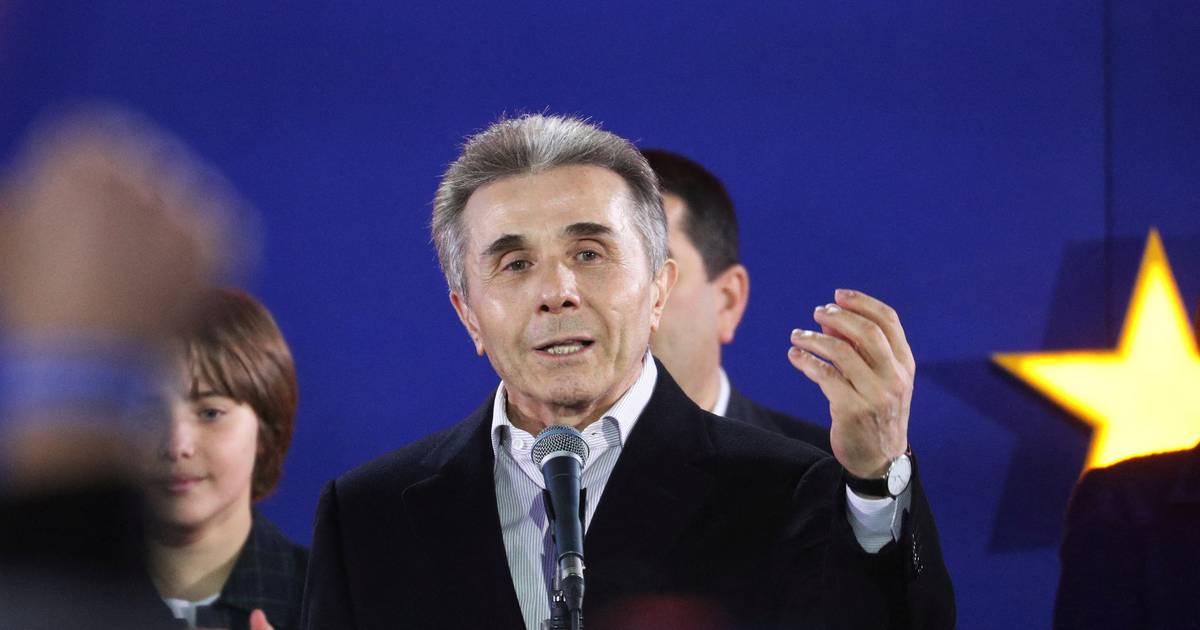That former Soviet republic is going through a very stormy political period in which the Georgian Dream party, on the political scene since 2012, is accused of deepening ties with Russia. That conservative nationalist party, led by billionaire Bidzina Ivanishvili, won the parliamentary elections at the end of October with 54.09 percent of the vote.
During the first session on Monday, the legitimacy of the new parliament was questioned by protesters and the pro-Western current president of the country, Salome Zourabichvili, who called on the Constitutional Court to annul the election results.
Nevertheless, newly elected Georgian lawmakers met on Tuesday to confirm the date of the next indirect presidential election on December 14.
The next president will be elected for the first time through an electoral college, instead of a popular vote, in accordance with the 2017 constitutional change initiated by the Georgian Dream.
There is no doubt, writes AFP, that with this procedure, Georgian Dream will ensure the victory of their candidate.
Parliament also announced today that the inauguration of the new president will take place on December 29.
The representatives of the opposition did not participate in the vote because they boycotted the session of the parliament.
Constitutional law experts believe that the decisions of the new parliament are not valid because the representatives met on Monday, before the Constitutional Court announced the election results.
The new procedure for electing the president of the state envisages an electoral college of 300 members, of which 150 are deputies and representatives of local and regional authorities.
The president, whose powers are very limited, is elected for a term of five years after a public vote, without a preliminary debate in parliament.
Any candidate who wants to enter the presidential race must have the support of at least 30 members of the selection committee, which is largely controlled by the Georgian Dream.
In order to win, it is necessary to secure two-thirds of the votes in the first round. If this is not the case, it goes to the second round where a relative majority is sufficient.
Amendments to the 2017 constitution also reduced presidential powers and the president can no longer negotiate with foreign countries or declare a state of emergency without the consent of the prime minister.
